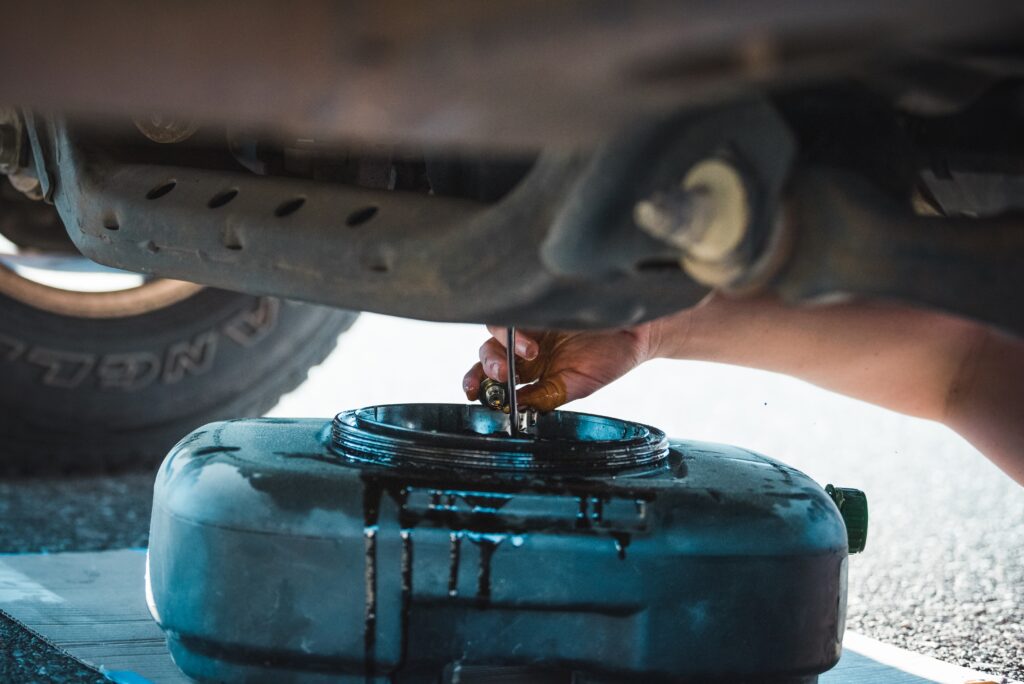As a seasoned car enthusiast who has spent decades immersing myself in the world of classic automobiles, I can confidently say that one of the most vital routines in ensuring the longevity and performance of any vehicle, be it a vintage classic or a modern marvel, is the regular and timely changing of its oil. Throughout my 47 years of experience, I have witnessed firsthand the transformative impact that diligent and consistent oil maintenance can have on the health and vitality of a cherished automobile.
For any car, old or new, the engine serves as its beating heart, the powerhouse that propels it forward on its adventures. Within this complex system of pistons, valves, and cylinders, oil acts as the lifeblood, lubricating the moving components, reducing friction, and dissipating heat. Over time, however, this vital fluid deteriorates, becoming laden with contaminants and losing its viscosity, which can result in many complications, ranging from decreased fuel efficiency to severe engine damage. As an enthusiast, I have come to appreciate the importance of regular oil changes as the cornerstone of proper engine maintenance and the best way to ensure a car’s performance and longevity.
Preserving Classic Cars
When it comes to classic cars, the stakes are even higher. These timeless beauties possess a unique character and history, embodying the spirit of a bygone era. Preserving their mechanical integrity requires a meticulous approach to maintenance, and the oil serves as a key component in this process. For vintage engines, which may lack the technological advancements of their modern counterparts, the right quality and quantity of oil are crucial for preventing excessive wear and maintaining optimal performance. As someone deeply invested in the preservation of automotive heritage, I consider regular oil changes not merely a routine task but a solemn duty to uphold the legacy of these automotive treasures for generations to come.
New and Old: What Changing the Oil Does for Your Vehicle’s Engine
Knowing the importance of changing your oil is key. Regularly changing the oil in your car is the easiest thing you can do to preserve the health and longevity of your engine. Firstly, changing the oil helps to remove dirt, debris, and other contaminants that accumulate over time in the oil. These impurities can cause increased friction and wear on engine components, leading to potential damage and decreased performance. By replacing the old oil with clean oil, you ensure that the engine operates smoothly and efficiently.
Secondly, fresh oil provides better lubrication for the engine’s moving parts. As the engine runs, the oil forms a protective layer between the metal surfaces, reducing friction and preventing excessive heat buildup. Adequate lubrication prevents wear and tear on crucial components like pistons, cylinders, and bearings, extending the lifespan of the engine and promoting optimal performance.
Additionally, changing the oil helps to maintain the proper viscosity of the oil. Over time, oil can break down and become less viscous, losing its ability to effectively lubricate the engine. Fresh oil with the correct viscosity ensures that the engine operates at the designed specifications, enhancing fuel efficiency and overall performance.
Other Benefits of Regular Oil Changes
Regular oil changes not only ensure the longevity of the engine but also contribute to improved fuel economy, a factor that resonates deeply with any enthusiast, young or old. Maintaining clean and fresh oil facilitates smoother engine operation and reduces friction, allowing the vehicle to run more efficiently and effectively. This translates into a more seamless driving experience, marked by enhanced responsiveness and improved mileage, aspects that any car lover, regardless of age, can appreciate and cherish.
Conclusion
Overall, changing the oil in your car’s engine is a fundamental aspect of routine maintenance that promotes engine health, longevity, and optimal performance. By ensuring clean, properly lubricated, and adequately viscous oil, you can protect your engine from unnecessary wear, reduce the risk of costly repairs, and enjoy a more efficient and reliable driving experience.
As a car enthusiast, I know the importance of oil changes. Ensuring that the heart of my cherished rides beats strong and true is something that is easy to do: it just takes discipline. But it’s a discipline that I love and enjoy.

